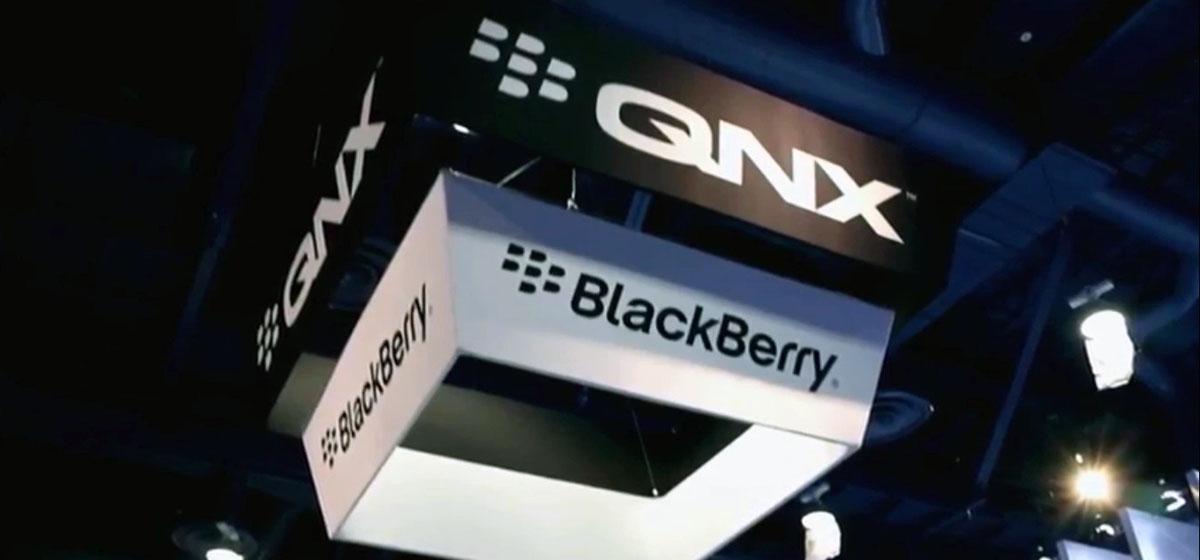QNX today announced the QNX® OS for Automotive Safety 1.0. Built on QNX technology proven in many of the world’s most safety-critical systems, the new OS addresses the growing demand for digital instrument clusters, heads-up displays, advanced driver assistance systems (ADAS), and other in-car applications with functional safety requirements.
The QNX OS for Automotive Safety 1.0 is set to be certified for use in systems that comply with ISO 26262, up to Automotive Safety Integrity Level D  the highest level achievable. Certification to this functional safety standard provides independent validation that a product offers a very high level of reliability and risk reduction when used in electrical, electronic, and software-based systems in passenger vehicles.
“Safety-critical systems have been our bread and butter for almost 30 years,” said Grant Courville, director, product management, QNX Software Systems. “That experience, combined with our proven competency in safety certifications and software deployed in tens of millions of vehicles, makes QNX the ideal OS supplier for automotive companies building systems with ISO 26262 ASIL requirements.”
Freedom from interference Digital instrument clusters and ADAS systems will become pervasive only if automotive companies can produce them economically. The QNX OS for Automotive Safety is geared to significantly reduce the development and certification costs of such systems by allowing safety-critical functions (e.g. engine malfunction warnings) to run on the same hardware module as non-safety critical functions (e.g. RPM).
To enable this consolidation, the OS provides fine-grained process isolation and memory protection, enabling safety-critical components to enjoy freedom of interference from other components. It also supports QNX adaptive time partitioning, a unique technology that further enables freedom of interference by preventing safety-critical components from being starved of CPU cycles by other components.
Beyond the OS Because ISO 26262 is relatively new, the process of certification is still unchartered territory for most automakers and automotive Tier 1 suppliers. It’s a long and rigorous undertaking that, if approached incorrectly, can result in significant product delays. QNX Software Systems can help these companies navigate the complexities of their system-level certifications  not only with the QNX OS for Automotive Safety, but through the invaluable expertise gained from its successful certification programs. These include OS certification to the IEC 61508 functional safety standard, which forms the basis of ISO 26262.
Growing demand Demand for ISO 26262 certification is ramping up, as more cars come equipped with digital instrument clusters and with ADAS systems that provide lane departure warnings, adaptive cruise control, pedestrian detection, and other safety-related functions. This demand will only grow as such systems develop the sophistication necessary to enable autonomous driving. Moreover, boundaries are blurring: infotainment systems are also starting to integrate ADAS functions, creating demand for platforms that can support both safety-critical and non safety-critical functions.
“The democratization of advanced driver assistance features and applications continues to expand into all vehicle segments and will lead to the arrival of self-aware and self-driving vehicles during this decade,” said Thilo Koslowski, vice president and automotive practice leader at Gartner, Inc. “The foundation for this evolution are cost-effective software and hardware solutions that can be deployed quickly and reliably.”
Newest addition ISO 26262 certification represents the latest development in QNX Software Systems’ standards and certifications programs. To date, the company’s products and processes have achieved certification to IEC 61508 SIL 3 (functional safety), Common Criteria EAL 4+ (security), POSIX PSE52 Realtime Controller profile (portability and determinism), and ISO 9001:2008 (management system), as well as compliance with IEC 62304 (medical device software).
Certification of the QNX OS for Automotive Safety 1.0 will encompass validation of QNX toolchain components, enabling them to be used in 26262 projects.
Availability The QNX OS for Automotive Safety 1.0 is scheduled for release in Q3 2014.[signoff predefined=”Enjoy this?” icon=”icon-users”][/signoff]



